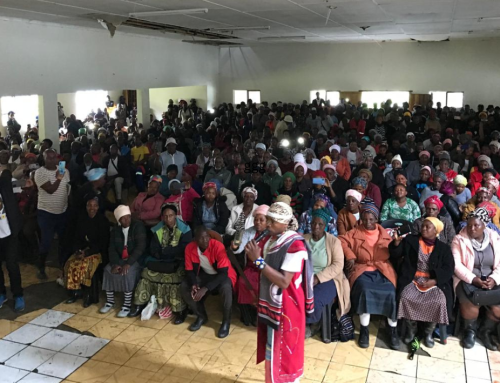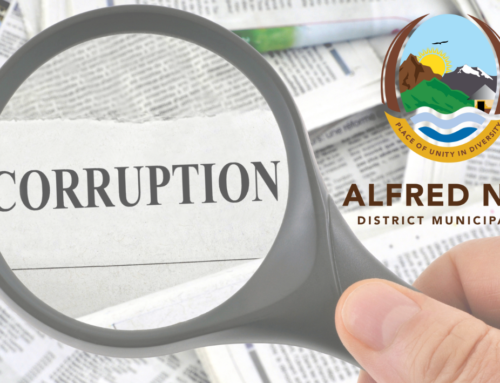 Contribution in the National Assembly by Mr Bantu Holomisa, MP and UDM President
Contribution in the National Assembly by Mr Bantu Holomisa, MP and UDM President
Subject for discussion: Debate on National Women’s Day
Honourable [Presiding Officer]
Honourable Members
1. Introduction
This year marks 65 years since our foremothers marched to the Union Buildings to petition against the country’s despicable pass laws. They left a remarkable legacy in the fight for human rights in South Africa.
2. Gender equality and the economy
Even though there have been some systemic changes and transformation since 1994, social and economic transformation and integration have remained stagnant. Eradicating the backlogs and imbalances of the past remain giant spectres on our horizon.
Gender inequality is one of the major challenges that derail progress towards achieving a developed state, as women are largely excluded from the mainstream economy.
We must remember that half our population are women and note that, economic growth is an inherently gendered process.
Therefore, gender inequality in fact serves as a massive barrier to achieving an economically stable, sustainable and developed country.
Ladies and gentlemen, to rectify the situation, economic growth must make room, and create opportunities, for women to be gainfully employed in decent jobs.
Although helpful, EPWP (Expanded Public Works Programme) jobs, which women feel pays peanuts for a three-month contract ending with no proper plan to retain the incumbents, is not the long-term answer. What can anyone possibly achieve with an income of three months with no further prospects?
3. Making the paradigm shift: policy making
We are all aware of the newly published unemployment statistics, that demonstrate a shocking number of unemployed women, more especially black women. It is indeed clear that the labour market favours men.
Let us be realistic, to advance gender equality, we need policymakers who can adopt women’s rights as a normative framework.
We need employers, both in the public and private sectors, that are gender blind. They must willingly provide “equal pay for equal work” and thus we can, for instance, reduce the prominent gender pay-gap, an issue that has been a perennial stumbling block to gender equality.
Honourable members, a transformative approach is much needed, not only lip service. The emancipation of women through inclusive economic growth is long overdue.
More skills development programmes must be put in place to upskill women and close the skills-gap in the labour market.
The UDM (United Democratic Movement) calls on government and the private sector to dismantle gender inequalities and create an inclusive society for all.
I thank you!





























